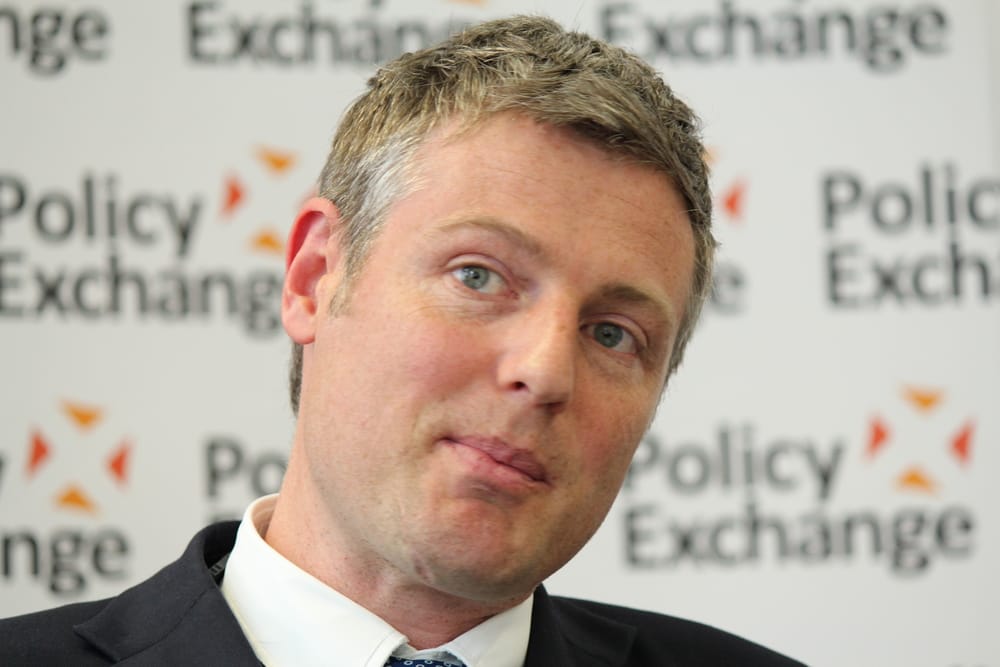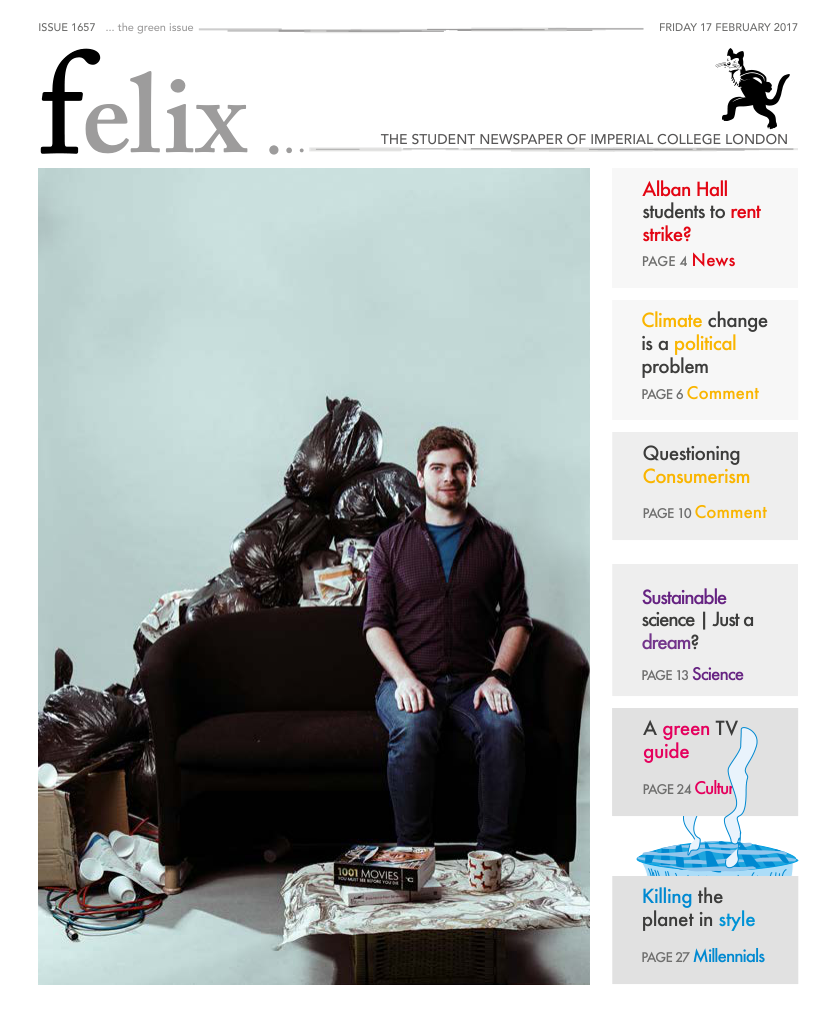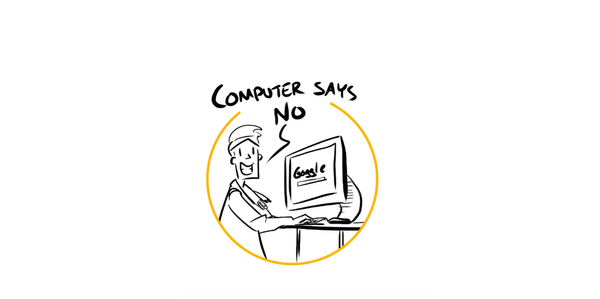Climate change is a political problem
Rhidian Thomas believes that to mitigate Climate Change we need to first embrace political change

As political descriptors go, the humble watermelon is perhaps predictably an unconventional one: it is not wheeled out too often as a way of making a point. It’s a charge often levelled at politicians like Caroline Lucas, who are accused of being green on the outside but red (that is, socialist) on the inside. The scorn that this combination provokes on the right of the political spectrum is telling – for too long, environmentalism has been seen as detached, and even beyond politics: a fringe interest, something best left to millionaire celebrities with a guilty conscience. Global warming is often treated as if it were a catastrophe that we have no control over, with our only hope being some miracle of technology. This could not be further from the truth; climate change is emphatically not like an asteroid heading towards Earth – rather, it is the direct result of the way that we choose to organise our societies and our economies. The challenge that climate change poses is neither scientific nor technological, but political. Viewing climate change in this way is crucial as it shapes the kinds of solutions that we look for. If we choose to see global warming as an entirely technological problem, then we invite only technological solutions. Accordingly, geoengineering – large-scale human intervention in the climate system in an attempt to reduce warming – has grown over recent decades from a fringe research interest to a leading proposed method of mitigating climate change.
Various different flavours of geoengineering have been put forward, ranging from the seemingly benign to the downright reckless. An infamous example of the latter is the proposal of Nobel Laureate Paul Crutzen to launch parcels of sulphur into the high atmosphere using artillery guns. Sulphur reflects sunlight, and the project would almost certainly lead to a cooling of the atmosphere similar to the aftermath of a volcanic eruption. But it’s unlikely that this would be the only effect – even small volcanic eruptions often drastically alter rainfall patterns, destroying crops and causing extreme weather; the effects due to a project of Crutzen’s scale could be even more serious. As if this were not enough, sulphur in the atmosphere is known to destroy the ozone layer, potentially exposing us to greater levels of harmful UV radiation from the Sun. It’s hard to avoid feeling that the whole project would be akin to pinching yourself to cure a headache – with that many dire consequences, global warming would probably be the least of our worries.
It’s perhaps unfair of me to pick the worst example of geoengineering, and that’s not really the aim of this article. The problem with geoengineering is not so much that it’s always bad, but that by relying on it to save us we are missing the point. By framing climate change as a purely technological problem, we end up letting the worst climate offenders off the hook. This is precisely why geoengineering is so appealing to policymakers; those who are used to framing climate change as a technological issue are primed to seek technological solutions, rather than make any serious attempt to change the economic factors driving emissions. As years pass and emissions continue to soar, these quick-fixes become increasingly attractive to a corporate and political class reluctant to alter the economic status quo. In the words of the political theorist Frederic Jameson, it’s become “easier to imagine the end of the world than the end of capitalism”.
Climate change is not so much a crisis of science, then, as a crisis of capitalism. It lays bare the central lie at the heart of the capitalist economy – that we are nothing more than individuals looking to outcompete each other, rather than social animals who all have a vested interest in the fate of our shared planet. Climate change also reminds us that economics does not exist in a vacuum; our actions have material consequences, and even if right now those consequences seem far away from rainy London and Western Europe, it won’t be long before we all feel their effects. Ultimately, carbon does not respect national borders.
If we are to be serious about avoiding climate change, then switching off lights won’t cut it: we must be prepared to radically alter the way we structure our societies and our economies. It will involve a wholesale change of what we deem to be economically important; striving for infinite growth on a finite planet, for example, is a game that we’re destined to lose. The priority must be to fairly distribute the planet’s wealth among its seven billion inhabitants, accounting for the fact that often the countries likely to bear the brunt of climate change are the least equipped to do so. Limiting global temperature rise to manageable levels will require that the majority of known fossil fuel reserves stay in the ground. We cannot gamble on fossil fuel companies doing this through the goodness of their own hearts. These are the people, after all, who would sooner trade the future of the planet for a quick buck than lose their place at the top of the economic tree.
As long as our economic system sacrifices sustainability in pursuit of short-term profits, we throw away our best chance of avoiding devastating climate change. Environmentalism and progressive politics are two sides of the same coin – red without green is myopic; green without red is toothless. Perhaps, then, it’s time we all embraced watermelon politics.








